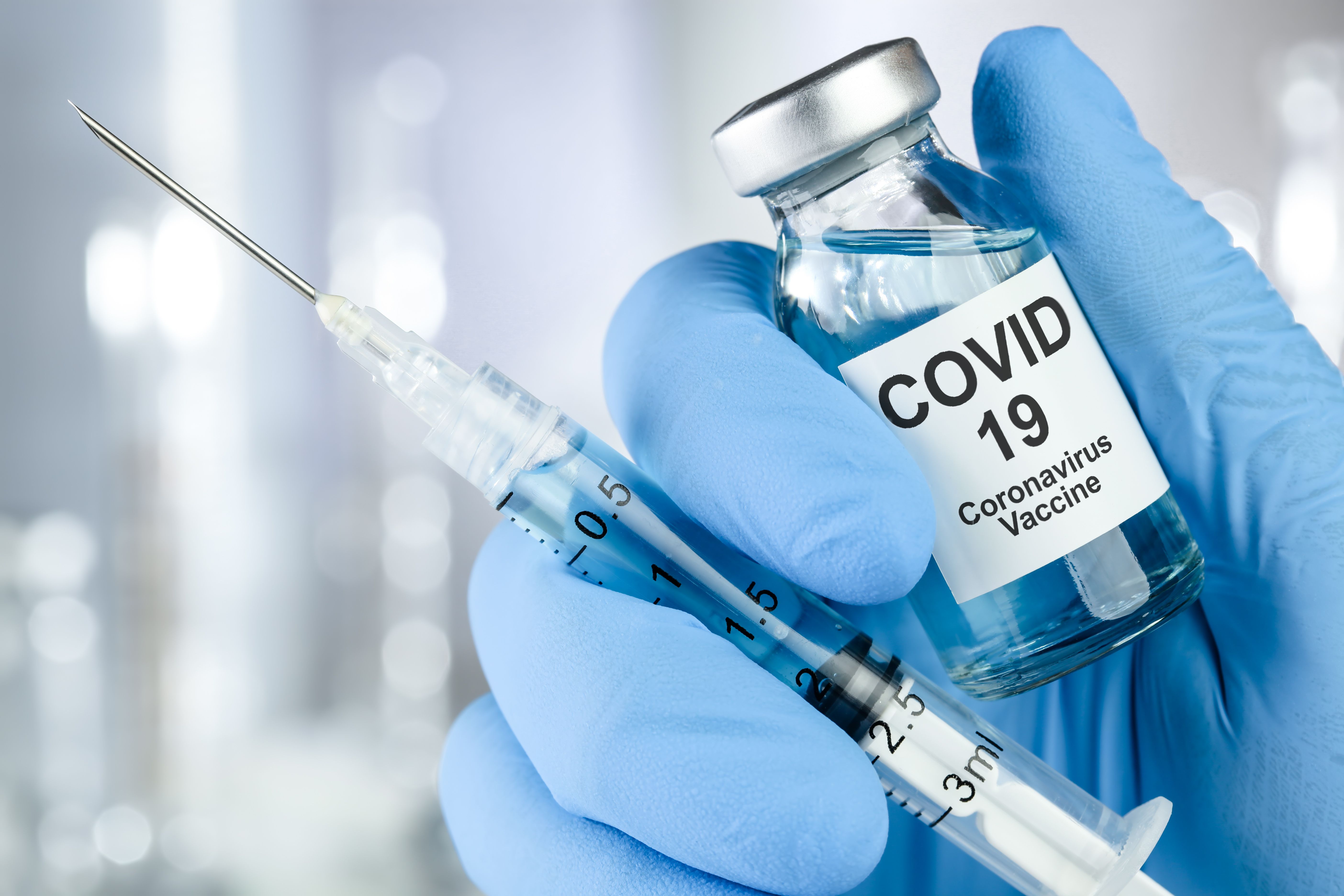- Bone Health
- Immunology
- Hematology
- Respiratory
- Dermatology
- Diabetes
- Gastroenterology
- Neurology
- Oncology
- Ophthalmology
- Rare Disease
- Rheumatology
Adalimumab Treatment May Impact Antibody Levels After COVID-19 Vaccination
A study investigating SARS-CoV-2 antibody levels after treatment with reference or biosimilar adalimumab found significant decreases in antibody levels in those receiving biologic therapy compared with those who did not.
Researchers identified an association between decreased antibody levels following vaccination against COVID-19 and adalimumab therapy, regardless of whether a patient was treated with the reference product (Humira) or a biosimilar (Idacio).
Image credit: Leigh Prather - stock.adobe.com

The retrospective study, published in the International Journal of Pharmaceutics: X, was conducted in response to other analyses that suggested that patients with autoimmune diseases may have an increased risk of severe COVID-19. Additionally, protective immunity following COVID-19 vaccination could be impacted by immunosuppressive medications commonly taken by these patients, such as tumor necrosis factor inhibitors, glucocorticoids, methotrexate, and anti-CD20 medications. Although some studies have evaluated the effect of adalimumab on SARS-CoV-2 antibodies, a comparison of the originator and a biosimilar was still lacking.
Data on patients with rheumatoid arthritis (RA), ankylosing spondylitis (AS), and psoriatic arthritis (PsA) were collected from an outpatient clinic in Uherské Hradiště, Czech Republic. For inclusion, patients had to be at least 18 years old, have an active autoimmune rheumatic disease, have been vaccinated with the Pfizer/BioNTech BNT162b2 vaccine, and have received treatment with adalimumab with or without methotrexate for at least 12 weeks before their first vaccine dose.
Overall, 63 patients (RA: n = 34; AS: n = 16; PsA: n = 11) received the vaccine between March 2021 and April 2021. Most patients were men (n= 37), were aged 45 to 60 years (n = 33), and received methotrexate combination therapy (n = 39). Eighteen patients were treated with Humira, 31 were treated with Idacio, and 14 were treated without a biologic. SARS-CoV-2 antibodies were measured using the Cobas e411 instrument and the Roche Elecsys Anti-SARS-CoV-2S quantitative kit.
When comparing antibody levels between patients treated with the originator vs the biosimilar, no differences were observed (median, 10.2 vs 11.1 U/mL). Antibodies levels were also higher in those who received biologic treatment compared with those who did not (median, 2.9 U/mL).
There were no significant differences the 3 treatment groups at day 21 or day 63. However, between days 62 and 182, a significant increase in antibodies was found in the group not treated with the originator or biosimilar (median, 504.3 U/mL vs 47.2 U/mL vs 28.2 U/mL).
After taking into account other variables on antibody levels after the first vaccine dose, no significant associations between disease type and gender were identified. Lower antibody levels were observed in older patients as well as patients treated with methotrexate. After the second dose, similar associations were found. By day 182, higher antibodies tended to be found in female patients, but other parameters did not have any impacts.
“The novel finding of our research, which has never been reported, is that the Biosimilar group revealed the significant effect of age on antibodies during the whole monitored period. One explanation might be that the administration of adalimumab leads to the suppression of inflammation, which is generally considered to be a catabolic state,” the authors wrote.
Some limitations were noted, including the small sample size and the unexpected number of patients who had to be excluded for contracting COVID-19 prior to their first vaccine dose regardless of whether they were asymptomatic.
The authors theorized that observed differences in antibody levels could be caused by an interaction of the antibodies developed as a result of treatment with the vaccine-developed antibodies. More studies utilizing a larger data set will be needed to clarify the findings.
Reference
Dokoupilová E, Vetchý D, Pavloková S, Hanuštiaková M. Effect of treatment with original or biosimilar adalimumab on SARS-CoV2 vaccination antibody titers. Int J Pharm X. Published January 6, 2024. doi:10.1016/j.ijpx.2024.100229
Newsletter
Where clinical, regulatory, and economic perspectives converge—sign up for Center for Biosimilars® emails to get expert insights on emerging treatment paradigms, biosimilar policy, and real-world outcomes that shape patient care.
